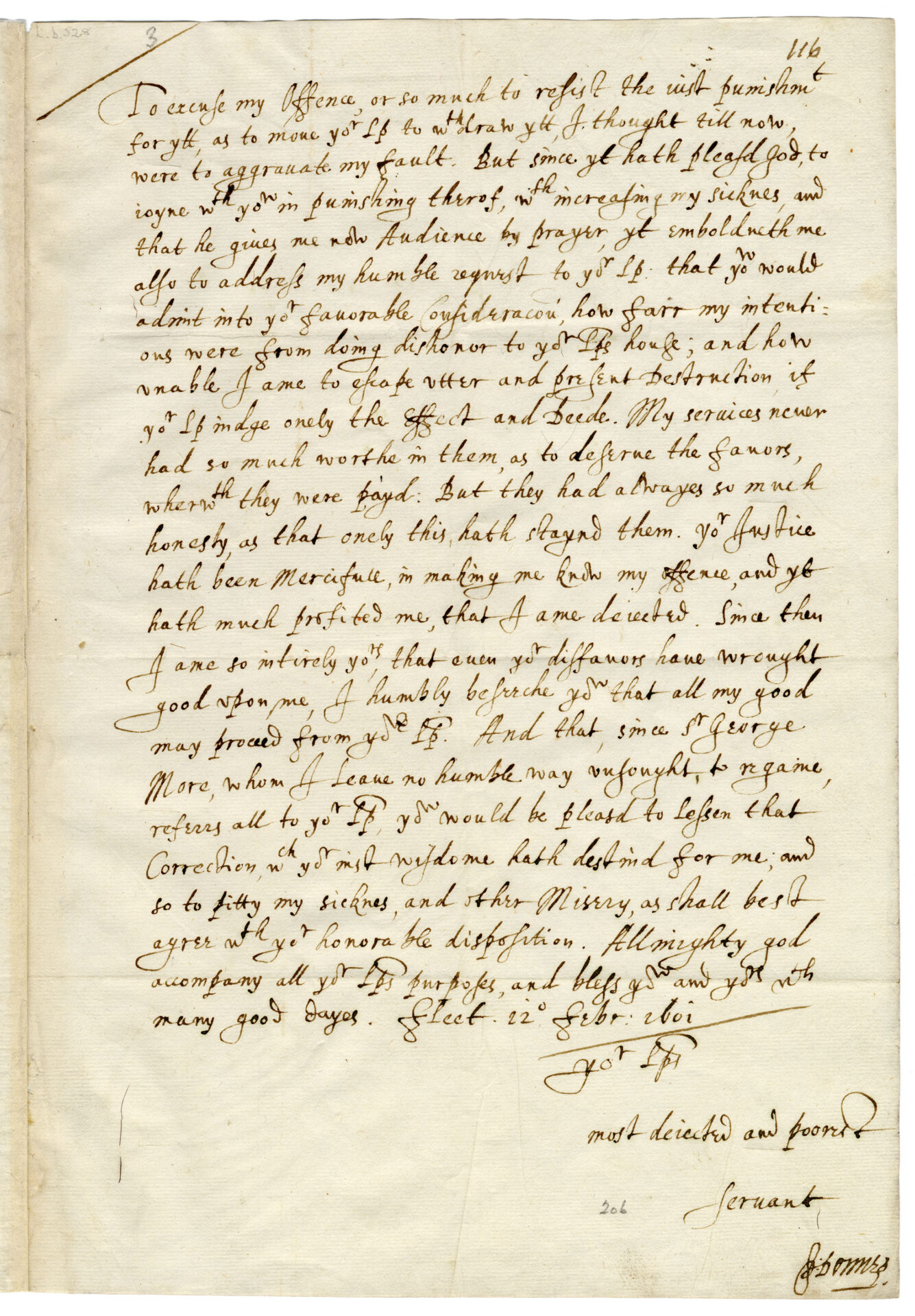
Editing Lost Copy-Texts
The Prose Letters of John Donne
Supervisory Team: Dr Daniel Starza Smith (King’s), Dr Rory Loughnane (Kent)
Based at: King’s
KOM Theme: A – Technologies of Knowledge
Early modern literature – the dazzling and enormously influential writings of Shakespeare and his contemporaries – has come down to us in a mixture of printed and manuscript sources. Yet these authors’ original manuscript documents, written in their own hand, have mostly been lost. Their work is often preserved in transcripts made by others, or in printed texts. Each kind of source is at least one step removed from the lost original manuscripts and, in many cases, introduces error and variety that make it hard for us to see what an author originally wrote. Editors are frequently compelled to work with copy-texts that clearly contain problems and deficiencies. This doctoral project asks what we can learn by investigating the ‘lost’ documents that could solve so many editorial problems – and what techniques we need to investigate them at all, since they no longer exist.
Editing Lost Copy-Texts (ELCT) focuses on the prose letters of John Donne (1572–1631). This enormously influential poet and preacher is an author closely associated with early modern manuscript culture – most of his poetry was printed posthumously, for example. Yet his fascinating correspondence has never been fully edited – nearly 400 years after his death. Donne’s prose letters were only collected together in print in 1651, twenty years after his death, in an edition that created as many problems as it solved. Some emerged in contemporary printed volumes, and some survive as manuscript transcriptions by others, for example in the Burley Manuscript at Leicester Record Office. Across these sources, Donne’s texts frequently lack dates, are addressed incorrectly, are missing information, or contain glaring internal errors. We must compare these copy-texts to a small number of surviving letters in Donne’s own hand, and build arguments based on a wider knowledge of contemporary manuscript culture.
ELCT asks how we can try to understand what those missing manuscripts might have contained, using the evidence that has survived. Working on this project requires a detailed understanding of early modern handwriting, scribal habits, and networks of textual transmission (e.g. through friendship groups, patronage relationships, professional activities). The project engages with current research into authorship, attribution studies, and canon creation – that is, attempting to identify an author’s habitual practices of writing and determining what it is that they are most likely to have written. The successful candidate will work closely with the general editor, textual editors, and commentary editors of The Correspondence of John Donne, a major publication in preparation for Oxford University Press. It is expected that applicants will have a research background in early modern studies, and at least some working knowledge of early modern palaeography and print culture.